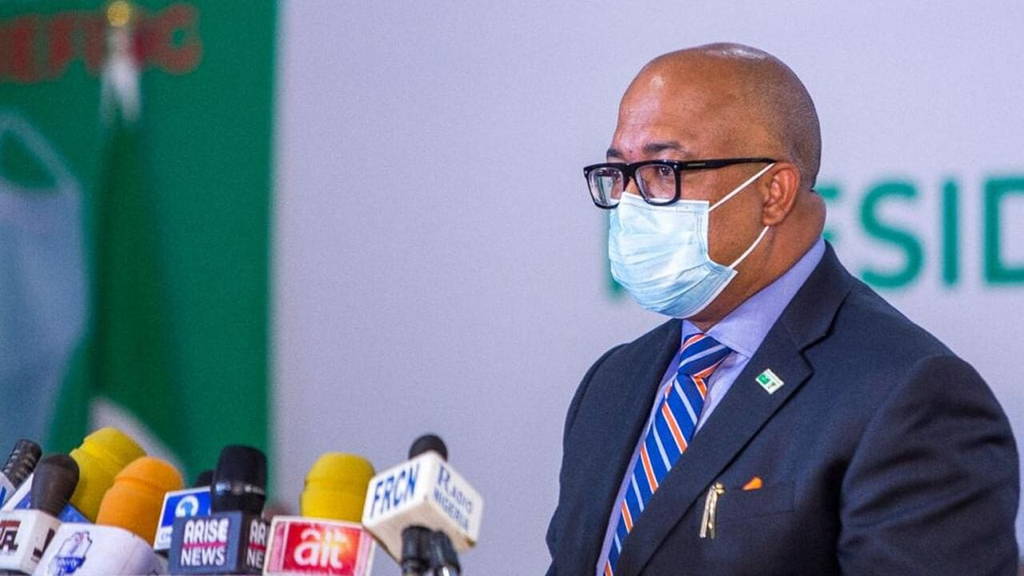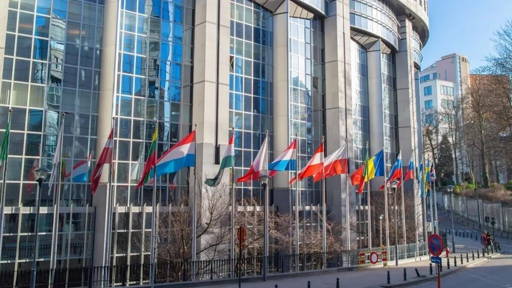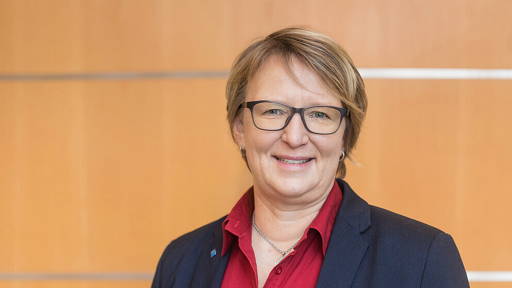The WHO Hub for Pandemic and Epidemic Intelligence was established last year to address pandemic and epidemic risks. The goal is to have better data, better analytics and thus make better decisions. What are the plans for the Hub in 2022? How will it be organized?
The mission of the Pandemic Hub is to support countries and regional and global actors to avert and manage public health threats through collaborative problem solving that is informed by better data and analytics.
We are starting out by working across three main units: One team will be focused on strengthening traditional surveillance systems, one on building collaborative intelligence, and the third one will focus specifically on systems for pandemic and epidemic intelligence.
What challenge is your priority from the very beginning?
At present, there are many initiatives all around the world aimed at improving pandemic intelligence. One of our top priorities is to establish collaboration between the Hub and other systems. It is clear—and there is strong agreement on this—that we have to work together, building on WHO’s unique convening power. The Pandemic Hub has begun a series of meetings with various partners in this space to create this collaborative intelligence ecosystem. We have also spent the last few months meeting with WHO’s regional offices to understand current capabilities across regions, existing gaps, and proposed solutions to address these. Ultimately, we are starting by building a global trust architecture with our Member States and other initiatives working on pandemic intelligence.
And what is your long-term vision for the Hub?
The long-term vision for the Hub is to ensure that the world is much better prepared for the next pandemic, and, indeed, for any epidemic disease outbreak. We want to do this by making the mechanics of sharing disease-related information easier and demonstrating that WHO can use that data to help countries that share it. The biggest success factor is when counties get better at generating data defining the risks related to pathogens of epidemic potential, analyzing that data, and using it to make better decisions. Our role is to support the development of this capacity and to enable the sharing of it.
We want all people everywhere to be better protected from the wide-ranging effects we have seen from COVID-19. Not just the health effects, but also the other, much more wide-ranging effects we have seen—socioeconomic problems, the interruptions to children’s education, the increases in domestic violence, the explosion of mental health problems. COVID-19 has disrupted virtually every aspect of life, and only multidisciplinary approaches, including expertise, for example, from behavioral science, communications, history, anthropology, and many others, can prevent or mitigate the effects of the next outbreak.
Why did you decide to leave The Nigeria Centre for Disease Control and join the WHO Hub? And what have you learned in the NCDC that you will use in the Hub?
At the time the opportunity came to lead the WHO Hub, we had made so much progress at NCDC. We had established functional public health laboratories, emergency operation centers with extensive experience in managing often concurrent outbreaks, built a functional surveillance and supply chain system, grown from less than 100 to 500 full-time staff members, amongst others.
In addition, the COVID-19 pandemic has reminded our political leadership of the threat of emerging infectious diseases, and they have begun to see the importance of the work that we do. I believe we now have the building blocks to take NCDC into the future, and it was time for someone else to take the agency to the next stage. The mission of the Hub is also one I believe strongly in, and it took something as important as that to pull me from NCDC.
The biggest lesson I had from working at NCDC was empowering our staff to believe in themselves and the work that they do. There was an incredible sense of responsibility and commitment when people began to trust the process. At the Hub, we are starting up a new initiative with a lot of uncertainty yet very high expectations. We are learning to be comfortable with that uncertainty and believe in our vision.
WHO already has access to data and experts from different disciplines. What will global health gain from the establishment of the Hub?
It is not enough just to have data and expertise, vital as they are. Even when reams of data are available, they are likely to be fragmented, incomplete, and difficult to analyze. We need agreed terminology and taxonomies, with data repositories that are easy to use and do not require expensive and specialized training. Remember that many people around the world who are gathering and uploading data are also on the frontlines of the public health response. They have extremely limited time. We need streamlined and effective systems.
At the Hub, we use these taglines: Better data. Better analytics. Better decisions.
Our ultimate aim is to give decision-makers—public health leaders, government officials, political leaders, community leaders—better information to use for better decision making. Evidence-based, sound, robust data and better tools that help them make better decisions.
Besides good data quality, what else is needed for the Hub to be effective in its operation?
Global trust. Global collaboration. Effective systems. Heightened awareness of all the issues around pandemics and epidemics, starting at the level of communities, all the way up to presidents and prime ministers. Better intelligence for pandemics and epidemics involves everyone.
Who’s Plan To Deliver Better Data For Better Decision Making
Tuesday, April 5, 2022

Data
News





